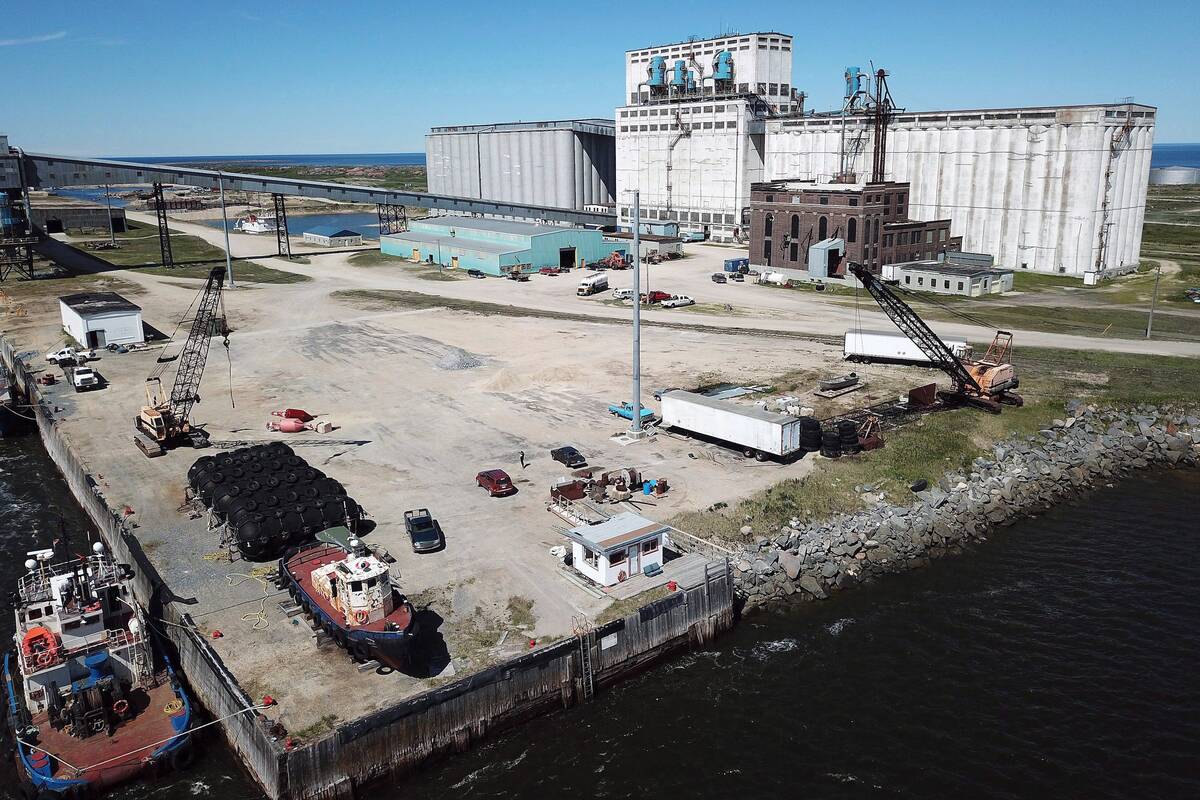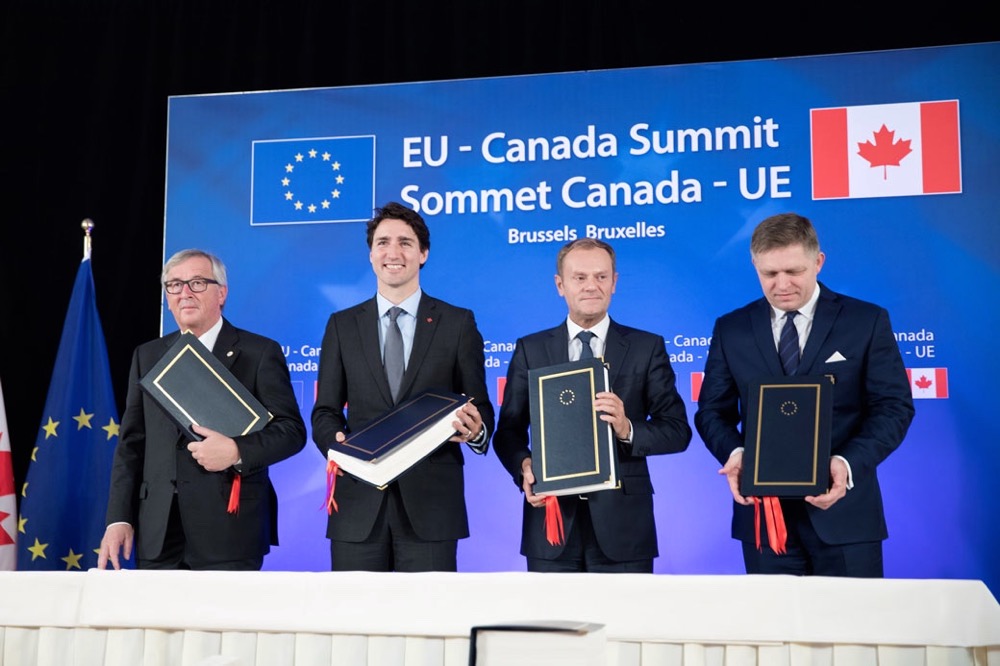With ratification by the European Parliament and the House of Commons, the Canada-Europe free trade deal known as CETA has taken a giant step forward.
But questions remain about its full implementation.
Prime Minister Justin Trudeau said the ratification is an important milestone. “Canada and the EU will now complete their respective legislative and regulatory processes that will bring virtually all significant parts of the agreement into force by spring 2017.”
- Read more: From cheese to maple syrup, what’s in EU-Canada trade deal?
Read Also

Air, land and sea join forces as Manitoba launches Arctic trade corridor plans
Manitoba wants to take its Arctic trade routes to the big leagues. The Port of Churchill, CentrePort Canada and Winnipeg airport have all raised their hands to help it happen.
Trudeau says that if Europe and Canada can’t make the deal work as intended, it could kill any hopes for other significant free trade deals.
While welcoming the ratification, the Canadian Agri-Food Trade Alliance cautioned that there are still important issues to resolve.
“We need to make sure that the agreement delivers on its promises,” Brian Innes, the organization’s president said.
“Non-tariff barriers will prevent a large part of the agri-food sector from using the agreement if they are not resolved.”
As well, EU treatment of crop input products, such as biotechnology, and Canadian meat-processing systems are serious issues that need to be addressed before the agreement comes into force, he said.
There also needs to be a strong advocacy strategy and a comprehensive implementation plan for agriculture and agri-food exporters that will deliver real access for Canadian companies once the trade doors are opened, he said.
“CETA will be a significant boost for our economy, our companies and our communities, if the Canadian government gets the details and path forward right,” he said. “We are encouraged that Canada is actively seeking out free trade agreements like CETA – as a trading nation, we must have competitive access to global markets,” Innes said. “CETA provides the opportunity to be ahead of our main competitors in the largest economy in the world.”
If all the barriers are resolved, the deal will eliminate EU tariffs on 94 per cent of Canada’s agri-food products, and could drive additional exports of up to $1.5 billion, including $600 million in beef, $400 million in pork, $100 million in grains and oilseeds, $100 million in sugar-containing products and a further $300 million in processed foods, fruits and vegetables.
The Canadian Meat Council also welcomed the deal’s ratification but noted that resolution of important technical barriers was essential if the possibility of increased exports to Europe are to come to pass.
“The industry appreciates the continuing endeavours of Canadian negotiators to ensure a commercially viable outcome for the Canadian livestock and meat sector,” said Troy Warren, the council’s chair. “We ask that the Canadian and EU governments commit to the resolution of all technical barriers that prevent the provisions of the CETA from being implemented as envisaged by the negotiators. While the industry recognizes that certain barriers may require additional work, others should be resolvable quickly.”
The deal means Europe keeps unlimited duty-free access to the Canadian market for pork and obtains unlimited duty-free access for beef and veal and unlimited duty-free access for prepared meats.
Green Party of Canada Leader Elizabeth May says it could take years for the deal to be fully implemented in Europe.
“Pending a decision from the European Court of Justice, the deal’s most controversial aspects, such as the investor court system, will require ratification by all 38 national and regional parliaments in the European Union,” she said.
“This could take years. There will likely be a referendum in the Netherlands, and several regions in Belgium are recognizing the threat of the deal to their dairy industry. Prime Minister Trudeau should not be so quick to trumpet CETA’s success while many serious hurdles remain.”
Meanwhile the Council of Canadians said the deal was completed in total obscurity. Chairwoman Maude Barlow said the costs to the Canadian health-care system and municipalities are unknown and that the U.K. exit from the European Union still has to play out.
“What we do know is that it will further subject us to more corporate lawsuits from European companies newly empowered to sue our country over legitimate public policy changes. We know it will cost us an estimated 23,000 jobs,” Barlow said.
Meanwhile the Angus Reid Institute says its latest public opinion survey found that Canadians are five times more likely to say they support CETA than to say they oppose it. However, these numbers represent a notable softening in support in recent years, and a growing level of uncertainty about the trade agreement between Canada and the European Union’s 28 member states, with just over one in three people saying they “don’t know” how they feel, the institute said.
Europe remains a preferred trade target for Canadians, coming second only to Canada’s largest trading partner, the United States. Significant numbers also want the country to try to develop closer trade ties with China and the United Kingdom, which finds itself in need of economic allies as it prepares for a post-Brexit reality, the institute said.

















